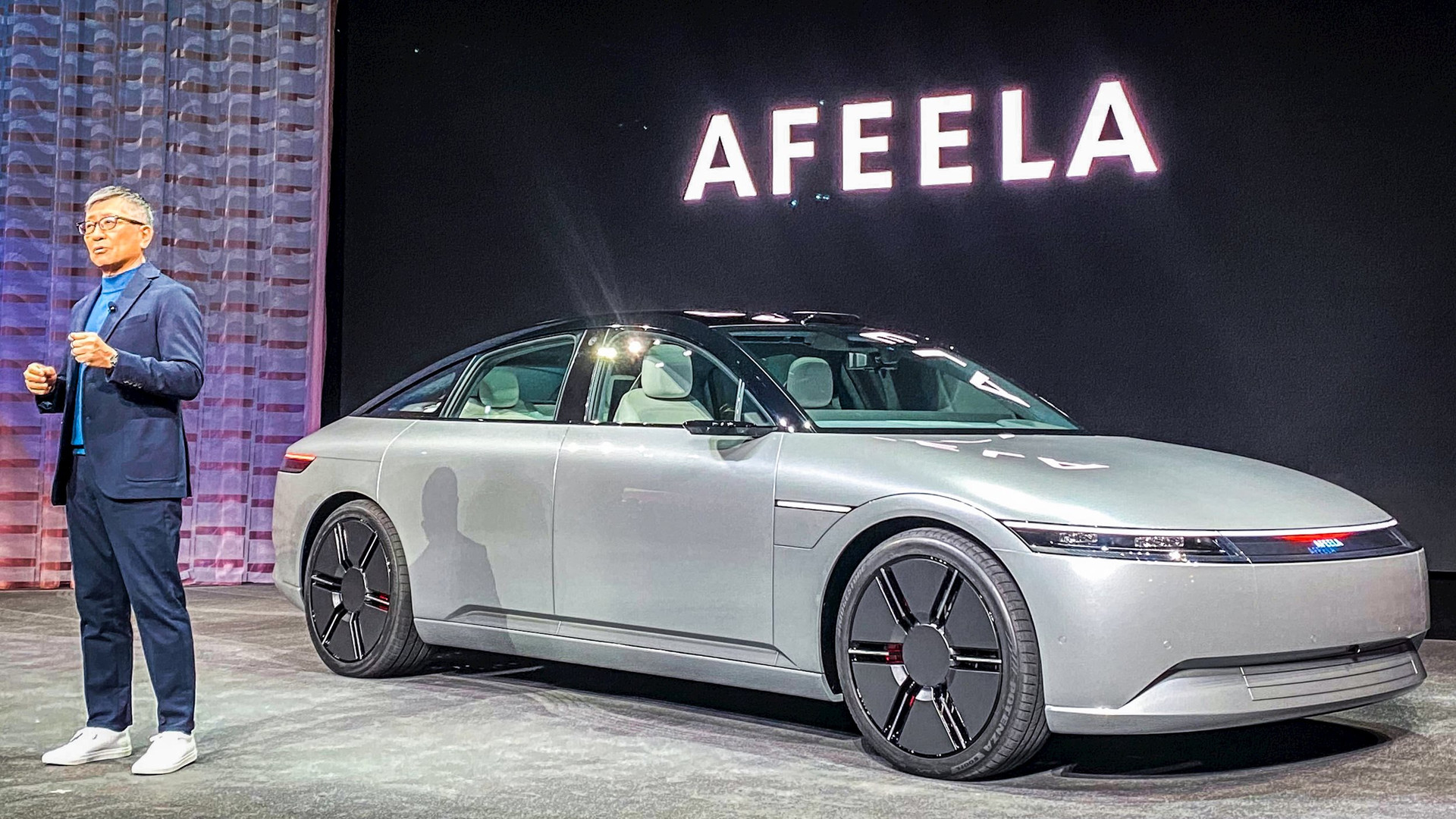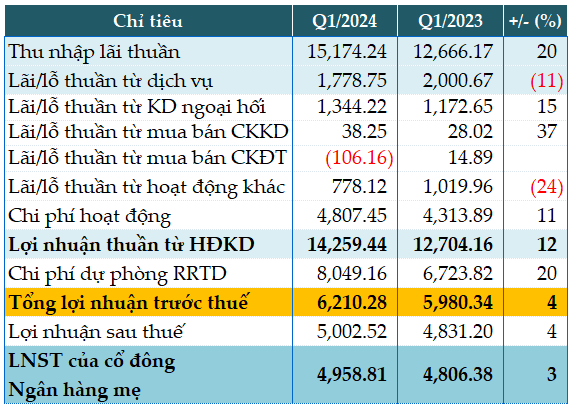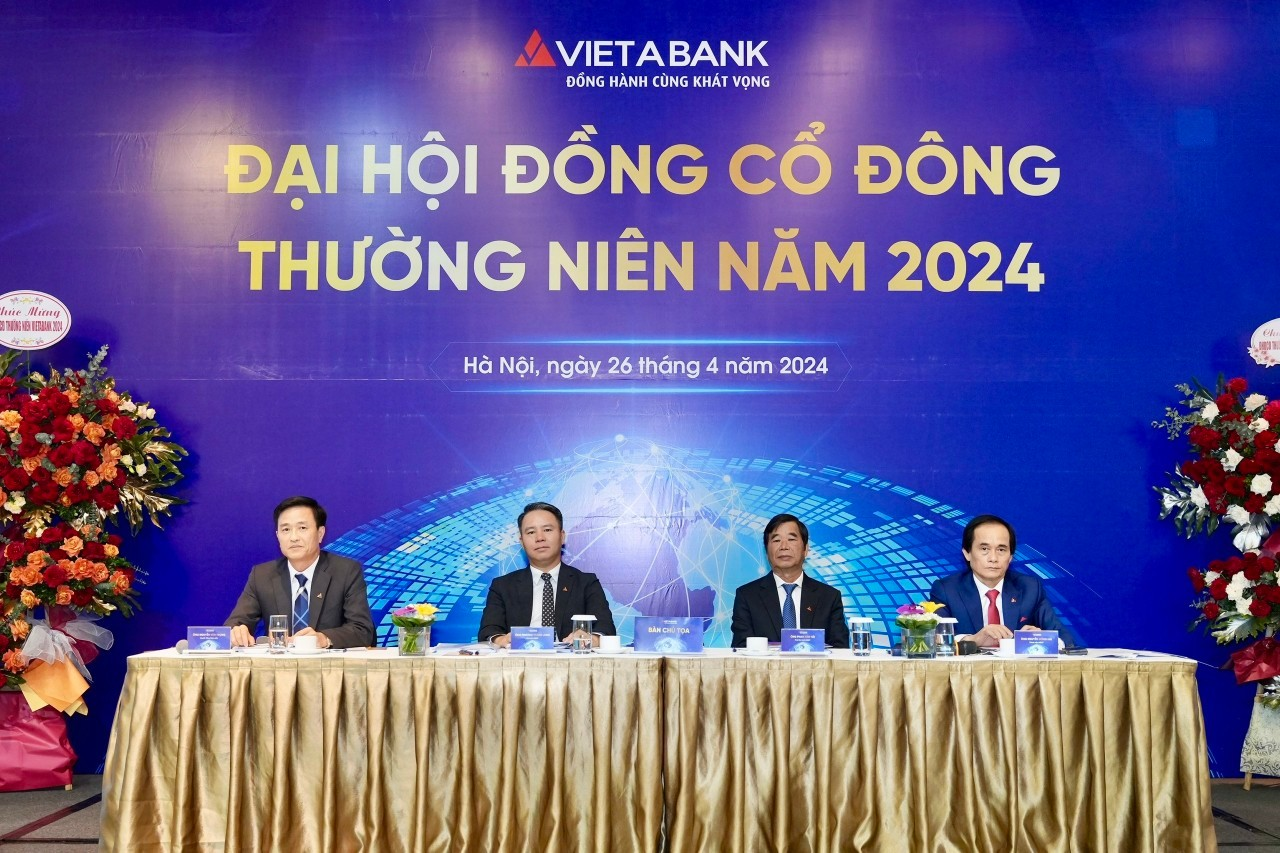A recent report shows that Honda and Nissan are considering establishing a joint venture amid mounting pressure from Chinese electric car manufacturers.
Nissan, one of the first companies to venture into electric cars, may form a joint venture with Honda to reduce the cost of electric vehicle production and increase competitiveness in the market. This move comes as Chinese manufacturers are rapidly introducing more and more affordable car models by leveraging the advantages of local components and materials.
This is not the first time Honda has expressed interest in collaborating with another major automaker for electric vehicle production. In April 2022, Honda and GM announced that they would jointly produce an affordable electric vehicle based on GM’s Ultium battery technology. However, the $5 billion agreement came to a halt last year as the two parties failed to reach a consensus.
Meanwhile, the joint venture between Honda and Sony is on the right track. The electric car under the joint venture brand name Afeela is expected to launch in 2026 and is being hailed as a “four-wheeled smartphone.”
Thus, two out of three joint ventures established by Honda to capture the electric vehicle market are related to “fellow OEMs.” With Sony, Honda aims to leverage its strengths in technology, intelligent solutions, and entertainment information systems, which are crucial aspects of electric vehicle production.

The Afeela electric car developed by Honda Sony joint venture.
Meanwhile, Nissan is one of the first companies to approach electric vehicles with its Leaf model. However, the Nissan Leaf has not been very successful, leaving the Japanese brand quite far behind in this game. In the US, Nissan only has one more electric pin-driven car, the crossover named Ariya.
According to Nikkei, the goal of both companies is to reduce development costs and create a shared platform for both companies. If successful, the use of shared batteries and the launch of models under this joint venture will also be considered.
Japanese manufacturers are currently seen as lagging behind in the electric vehicle market compared to China, which recently surpassed Japan to become the world’s largest car export market.
Nevertheless, Japanese manufacturers are believed to maintain their cautious approach. They believe that the electric vehicle market will not explode as some industry giants expect. In fact, some companies have had to adjust their electric vehicle development plans after sales slowed down in 2023.









































